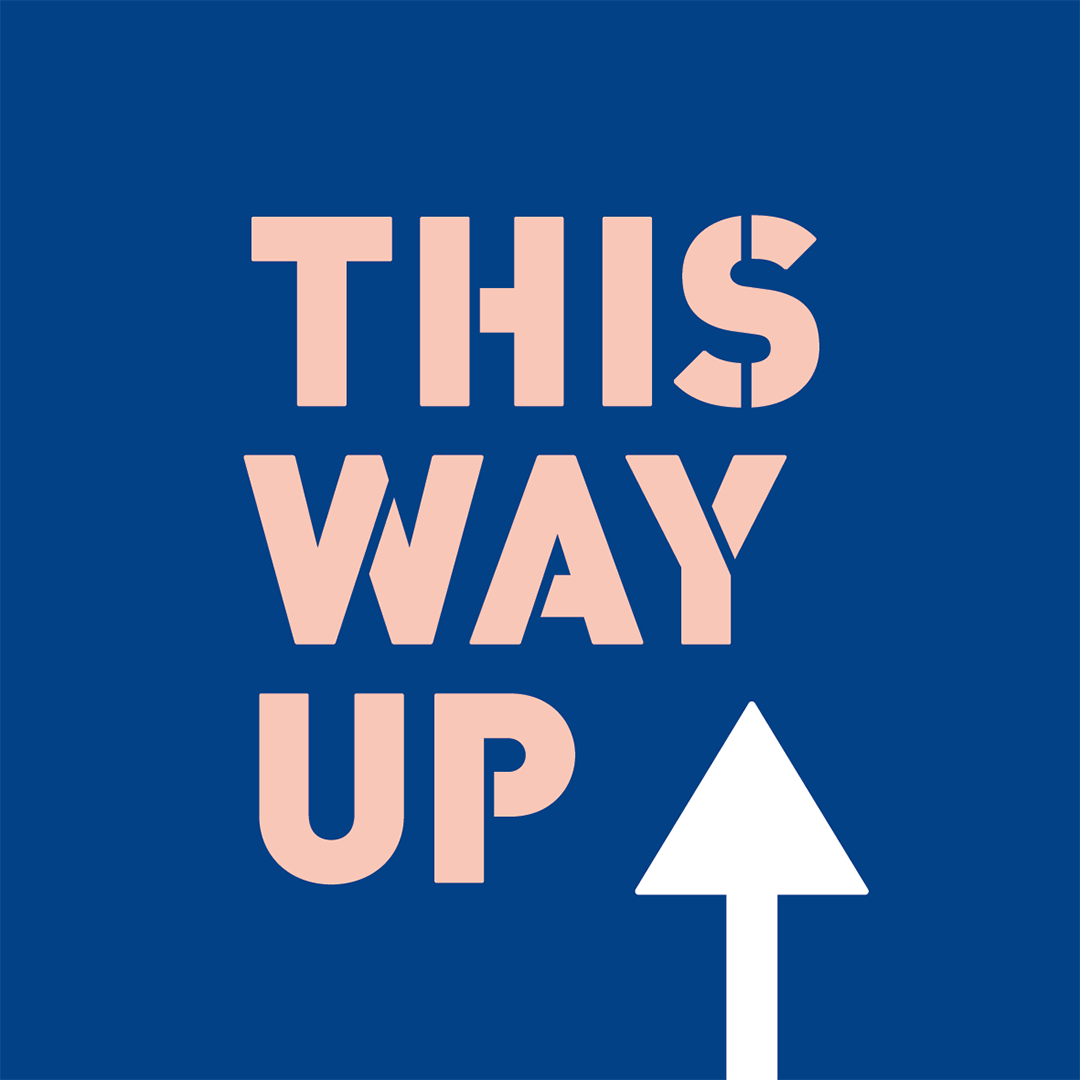DAY 2 at TWU by Mike of the DOUBLE NEGATIVE
A change of venue, from FACT to the Bluecoat, as day two saw me arrive bright and early for a session from Beyond the Multiplex’s David Forrest. Discussing research undertaken in the reception of indie cinema, Forrest was looking to pinpoint “the interpretive resources people bring [with them to film]”. To illustrate his focus group approach, three members of our audience served as guinea pigs. First, Forrest asked them to discuss their gateways into cinema, at what age and what it was they remembered that really stood out in terms of formative experiences of their film lives. It was touching to hear their responses, as people spoke of the illicit pleasures of sneaking a glimpse of Blade while too young, or how they felt like they were in on a secret, shared with the on-screen accomplices/ protagonists.
Forrest then showed slides from the research. It was remarkable to read how people – many of whom professed to never going to the cinema, certainly not for a low-key, independent release – were so affected by a film like Francis Lee’s God’s Own Country, in which a young farmer in Yorkshire forges a relationship with a Romanian migrant worker. Their responses ranged from recognising that this film shows a world that Hollywood never would, or perhaps, could, to observations about the immersive nature of the lovers’ relationship, and relating with their shared furtive glances. Though only a fraction of examples drawn from 16 groups (each containing six participants), the responses seemed to suggest that, should you put people in front of great cinema, they are more than willing to buy into the world developing before their eyes.
The next session I attended addressed the fraught issue of the questions and considerations involved programming – decisions which are made way before you invite the audience. To Screen or Not To Screen dealt with contentious films; or, rather, the filmmakers behind them in the aftermath of the #meetoo and Time’s Up movements. On hand to wrestle with the nuances were Shffield Doc/Fest’s interim director, Melanie Iredale, Tyneside Cinema’s director of programme, Andrew Simpson, and Eleanor Thornley, the strategic manager of Film Hub Midlands. As often is the case with such issues, it boiled down to subjective, emotional responses, and threw up more questions than answers: for example, can we separate art from the artist? Can we distinguish between historical misdemeanours and contemporary readings?
Simpson argued that “when you’re a programmer, your responsibility to your audience extends to public responsibility to not support filmmakers engaging in inappropriate [behaviour].” Often, he continued, “it comes down to context, and being open to having conversations”. He gave the example of deciding not to screen Woody Allen’s latest, versus including Roman Polanski’s 1966 film Cul-de-sac (shot on location in Lindisfarne off the coast of Northumberland), as part of a strand of film programming relating to the region.
This opened a useful discussion around whether or not a programming decision might “enable” people to make new work. As Iredale noted, Sheffield Doc/Fest is a “launch pad for a lot of films”. The panel clearly disagreed on some of the finer points – on Allen, for instance, who although accused has never been convicted – but did well in finding a ray of light in the whole sorry debacle, agreeing that avoiding ethically murky directors cleared the way to spotlight otherwise overlooked talent. “Getting away from the canon means we can celebrate [other figures]”, said Simpson.
There were good points made in the audience, too. One in particular argued that “difficult films [can be used] as a platform for discussion”. Summing up the problems faced by film exhibitors neatly, while acknowledging the role potential box office plays, the stark observation was made that: “The difficult things we navigate are how politics and economics entangle with each other. It comes down to the films you champion.” One hopes that, in this post-Weinstein et al world, the films championed by programmers, critics and audiences alike, are increasingly less likely to have been beset by the odious behaviour of any of those involved in their production.
The final session, as with day one, was a light-hearted, fun affair, which asked whether the silent audience is outdated. Chaired by Flora Menzies, head of audience development at Into Film, Film Hub Wales’ Umulkhayr Mohamed and filmmaker Amanda Rogers debated both sides of the argument in turn. What it might have lacked in passionate oratory it made up for in allowing the different viewpoints breathing space. What, I confess it didn’t do, is change my mind: when I pay upwards of a tenner to see a film, I want to do so without the distraction of idiots thinking it’s fine to smoke e-cigarettes; those who check the time on their phones 30 minutes in, or the couple in my row who decide to conduct full-scale domestics.
What it did achieve, however, as with much of the two days of the conference, was to remind me that film is an ever-evolving thing, and change – some of which is incredibly positive – is happening. Whether you’re off to the cinema on Friday to see Boots Riley’s Sorry to Bother You, or staying in to watch Alfonso Cuarón’s Roma (just named Sight & Sound’s film of 2018 by the way), films, and the media by which we choose to view them, continue to surprise.
Mike Pinnington is the co-founder and editor of The Double Negative, an online zine dedicated to the best of contemporary culture.
